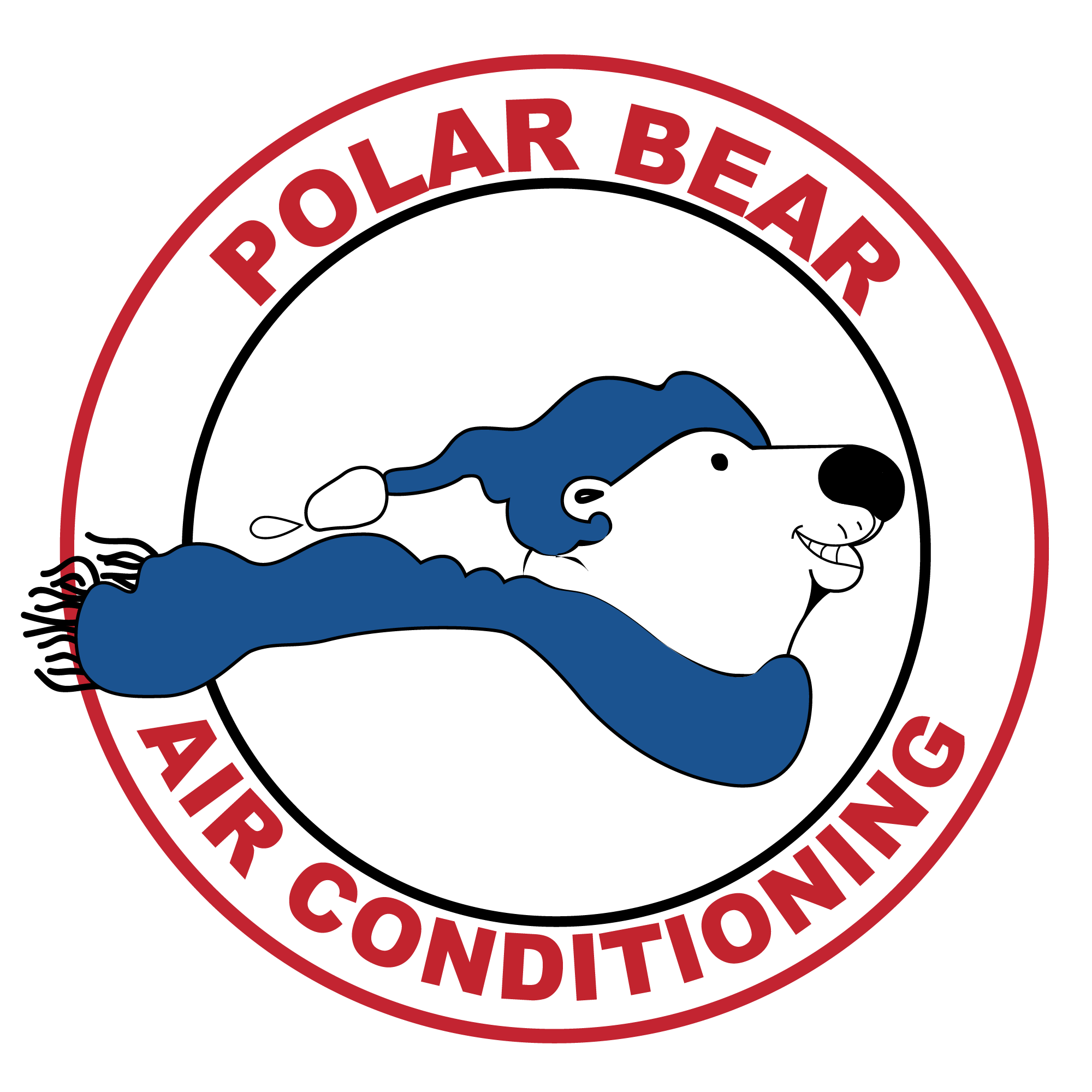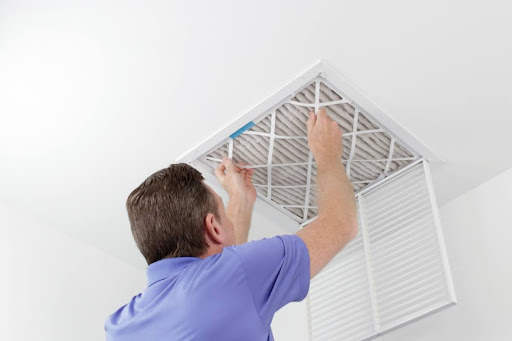Most homeowners know what their air conditioner does. It cools the house down, keeps humidity under control, and makes summers bearable. The inner workings, though, are another story. Behind panels and grilles are parts you rarely see: coils, fans, ducts, refrigerant lines, and, of course, the air filters. These filters might not look impressive, but they are one of the most important pieces in the system.
So the big question is: How many air filters does an AC system have? Some houses only have one, while others may surprise you with two or more. Let’s take a closer look at some of the reasons your AC might have multiple filters and how they work.
Why Air Filters Matter in the First Place
Air filters are more than just screens to catch dust and debris. They protect the heart of your air conditioning system, prevent pollutants from circulating, and even help the family breathe easier. Without proper filtration, pollutants such as pollen, pet dander, mold spores, and bacteria can flow freely through your duct system. That is a recipe for allergies, asthma flare-ups, and poor indoor air quality.
The filter also protects key parts of your AC, like the evaporator coil and condenser. It helps reduce wear and extends the lifespan of the system. In short, filters are small but mighty, and they affect your comfort, health, and wallet.
So, How Many Air Filters Does an AC System Have?
This is the question that sparks confusion. Most homeowners expect to find one filter, but sometimes there are two or more. The number of air filters your AC system has depends on the layout of your house and the way the system was designed.
- Single Filter Setups: Many homes have one central filter, typically located near the air handler or return grille on the wall, ceiling, or floor.
- Multiple Filter Setups: Larger homes or houses with multiple returns may have more than one.
The number of filters isn’t random. It is all about how your system was built to balance airflow.
Why Does Your Central Air Have Two Filters?
Are you currently confused and asking, “Why does my central air have two filters?” Here are the most common reasons:
- Multiple Return Vents: Some systems are designed with two returns to evenly distribute airflow across large spaces.
- Extra Protection: A second filter helps trap dust, dander, and particulates closer to the intake point before air reaches the main unit.
- Improved Efficiency: By splitting the workload, filters can reduce strain on the centrifugal fan, compressor, and other moving parts.
In homes with two filters, both need to be maintained. Forgetting one means half the air going into your system is dirty, which impacts comfort and equipment.
Signs You Might Have More Than One Filter
If you are unsure whether your home has one filter or more, here are a few signs that point to multiple filters:
- You see intake grilles in more than one location.
- Your home has more than one level, each with its own large return vent.
- The filter you replace regularly doesn’t seem to get very dirty, suggesting another one is hidden elsewhere.
- Airflow still feels restricted even after changing your main filter.
In these cases, you may want a professional inspection to confirm. A technician can identify all filter locations, check their condition, and walk you through how to care for them.
Types of Air Filters You Might Find in Your System
Filters come in different styles and levels of efficiency. Here are the most common types:
- Fiberglass Filters: The most basic and affordable, but they only catch large debris.
- Pleated Filters: More effective, with a higher minimum efficiency reporting value (MERV) for smaller particles.
- HEPA Filters: Capture up to 99.97% of fine particles and often work alongside an air purifier.
- Washable Filters: Can be cleaned and reused, though they may not trap as many fine particulates.
Choosing the right filter depends on your home’s needs, your budget, and how much emphasis you place on efficiency and indoor air quality.
The Hidden Costs of Ignoring Filters
It might feel harmless to let a filter sit longer than recommended, but neglect has consequences:
- System Damage: Dust buildup can harm the compressor, pump, and even the evaporator coil.
- Higher Bills: Restricted airflow forces the system to use more energy to maintain comfort.
- Shortened Lifespan: The harder your unit works, the quicker it wears out.
- Allergy Flare-Ups: Clogged filters let pollutants slip through, triggering sneezing and discomfort.
A small part, like a filter, has a big influence on the entire system’s health.
The Role of Maintenance in Keeping Filters Effective
No matter the type, every filter has a limit. Over time, dirt and debris build up, blocking airflow and putting extra strain on your system. This makes regular maintenance and filter changes essential. A clogged filter forces the system to work harder, which impacts energy use and overall comfort.
During professional AC maintenance in the Cayman Islands, the technicians at Polar Bear check filters, calibrate the thermostat, inspect refrigerant levels, and confirm proper ventilation. They also look for signs of mold, wear, and pressure changes that may cause bigger problems later. This type of care keeps your AC system dependable and efficient, and it helps improve the air you and your family breathe.
Polar Bear Air Conditioning: Your Partner in Comfort and Air Quality
So, how many air filters does an AC system have? Sometimes just one, other times two or more. The truth is that every home is different. What doesn’t change is how important clean, effective filters are for both performance and indoor air quality.
That’s where Polar Bear Air Conditioning comes in. Since 1988, we have been helping families across the Cayman Islands take care of their cooling systems with a focus on honesty, integrity, and quality. Beyond routine AC maintenance, we offer specialized support like professional air filtration services in the Cayman Islands. These services are designed to go beyond standard filter changes and tackle the deeper sources of pollutants, allergens, and particulates that affect your air. Contact us today to schedule your service!


0 Comments